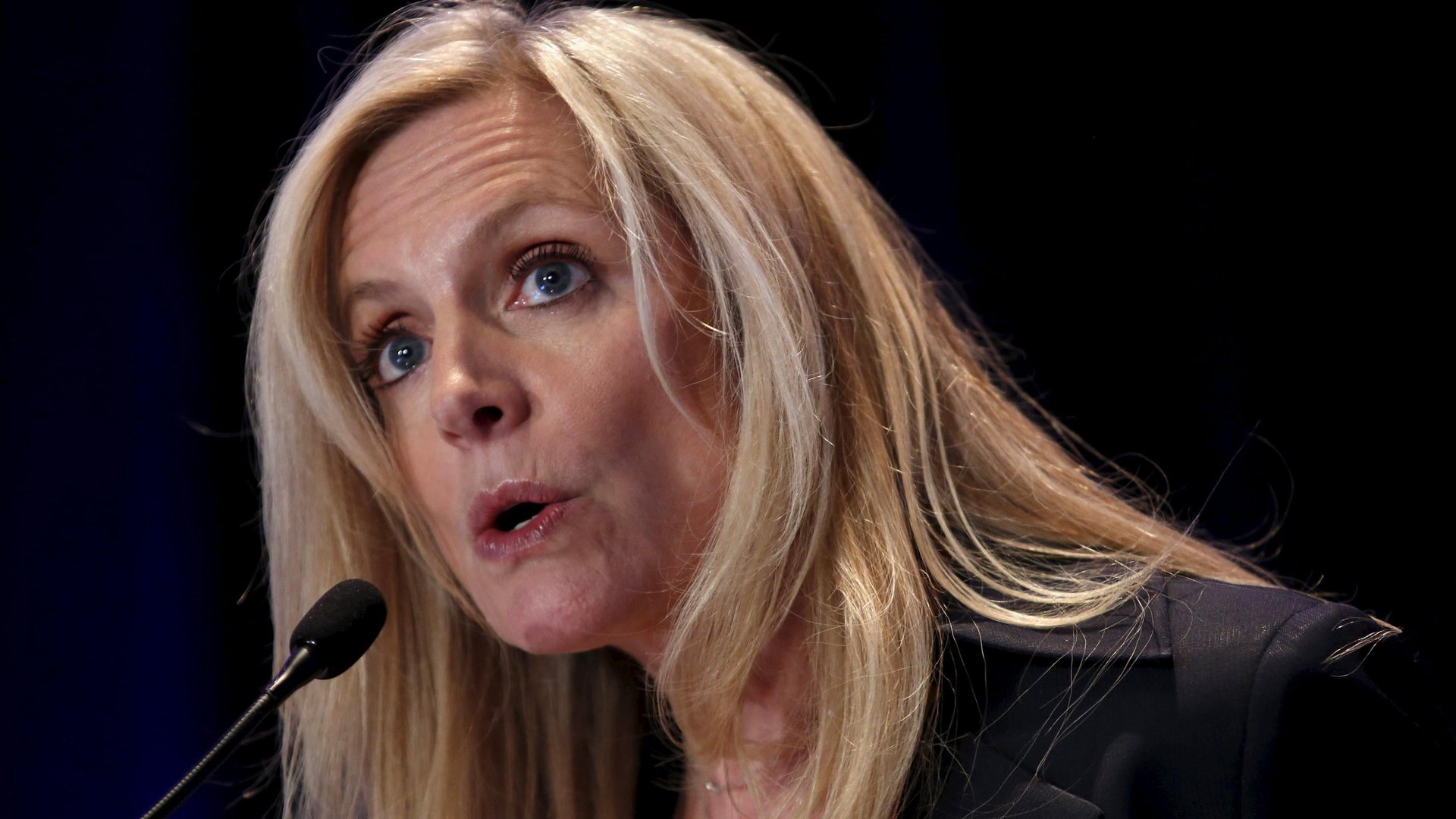What does it mean that Lael Brainard will head the US National Economic Council?
The NEC is going to oversee the implementation of billions of dollars of funding for various government projects.

US President Joe Biden has chosen a new top economic advisor—and changed the makeup of the Federal Reserve in the process.
Biden is replacing outgoing National Economic Council director Brian Deese with Lael Brainard, the Federal Reserve’s Vice Chair for Supervision. Bloomberg was the first to report the news on Feb. 13.
The move is a win for the White House and a loss for the Fed, former Federal Reserve economist Claudia Sahm, who wrote two speeches for Brainard, told Quartz. As NEC director, Brainard will oversee all the federal agencies as they implement the funding approved by Congress for the 2021 infrastructure bill, Inflation Reduction Act, and the CHIPs Act.
“This is not about monetary policy in the next year or two, these are investments that will pay off over decades,” Sahm said.
Brainard was a contender for Fed chair in 2021, when Biden renominated Jerome Powell. She’s a former senior Treasury official who started working at the Fed in 2014 and has been a thought leader during her time as vice chair, researching digital currencies, climate-related financial risks, the Community Reinvestment Act, and several other groundbreaking issues for the Fed.
“I think, on balance, it’s better to have her as director of NEC … and I would have a harder time thinking of someone who would be as good as her in that role,” Sahm said.
A new Fed governor needs to be confirmed by the Senate
The departure of Brainard as vice chair opens up a position that needs to be filled on the Federal Open Market Committee, the monetary policy team that sets interest rates.
Through speeches that focused on instabilities in financial markets caused by aggressive monetary policy, Brainard last year “laid the groundwork” for the Fed to back off from its pace of raising interest rates by 75 basis points, Sahm said. Brainard was also willing to point out that outsized profits from corporations were in fact playing a part in inflation.
“The White House will, or at least they should, put someone in her place that intellectually sees those [inflation and disinflation] possibilities,” Sahm said.
It’s unlikely that the confirmation process will be smooth. The Senate will debate whether or not the candidate will reinforce the Fed’s aggressive hiking stance, which is creating recession fears.
“They’re not going to put up a blind devotee of the Phillips Curve,” Sahm added.
